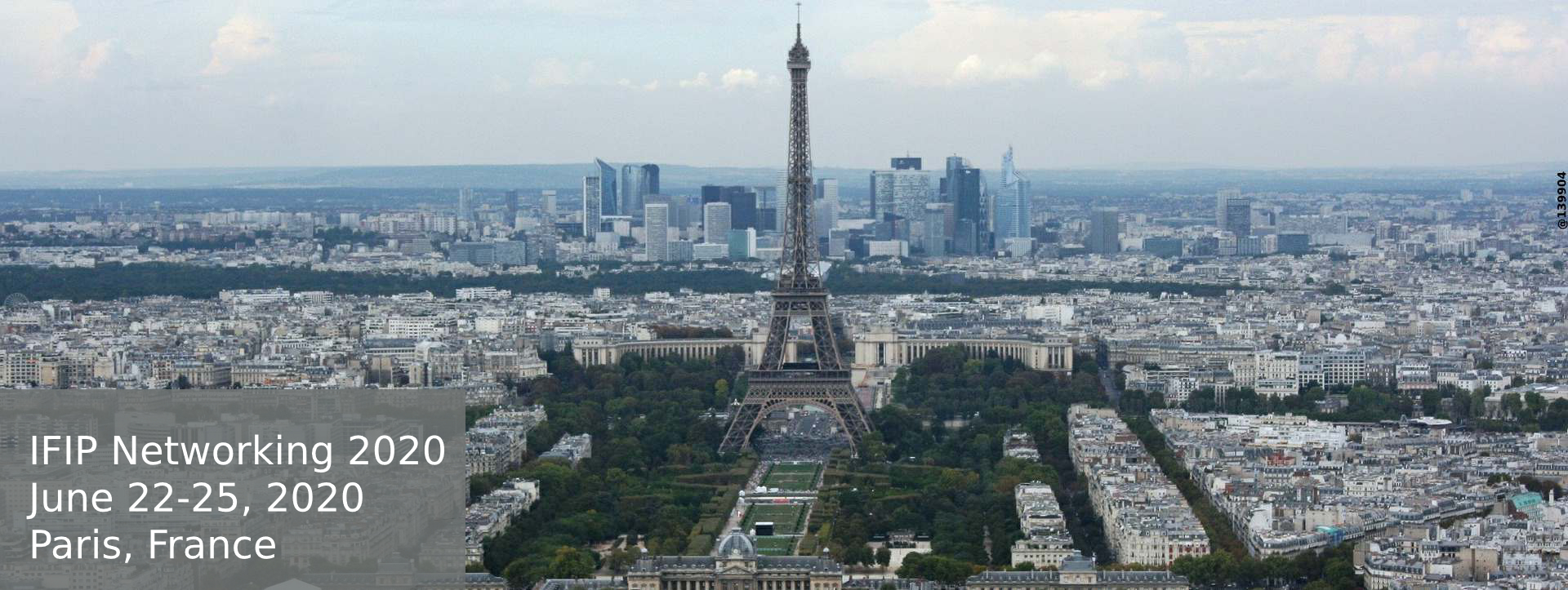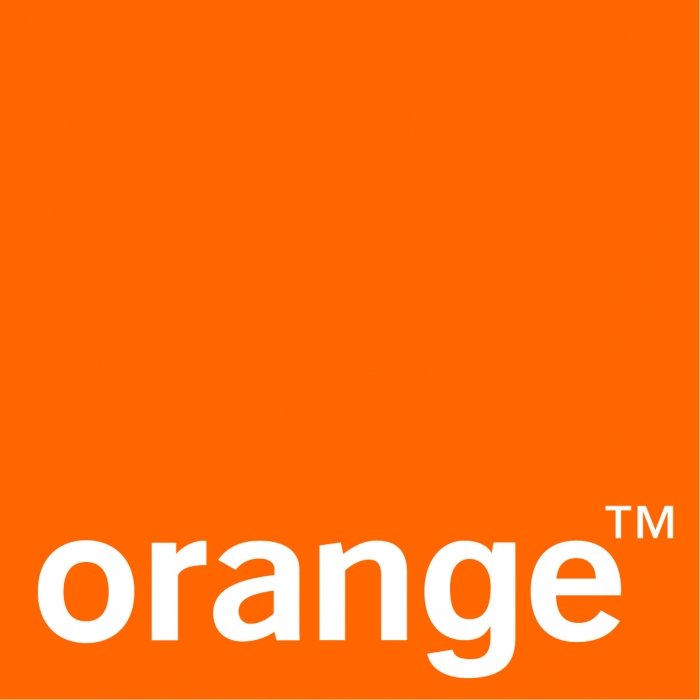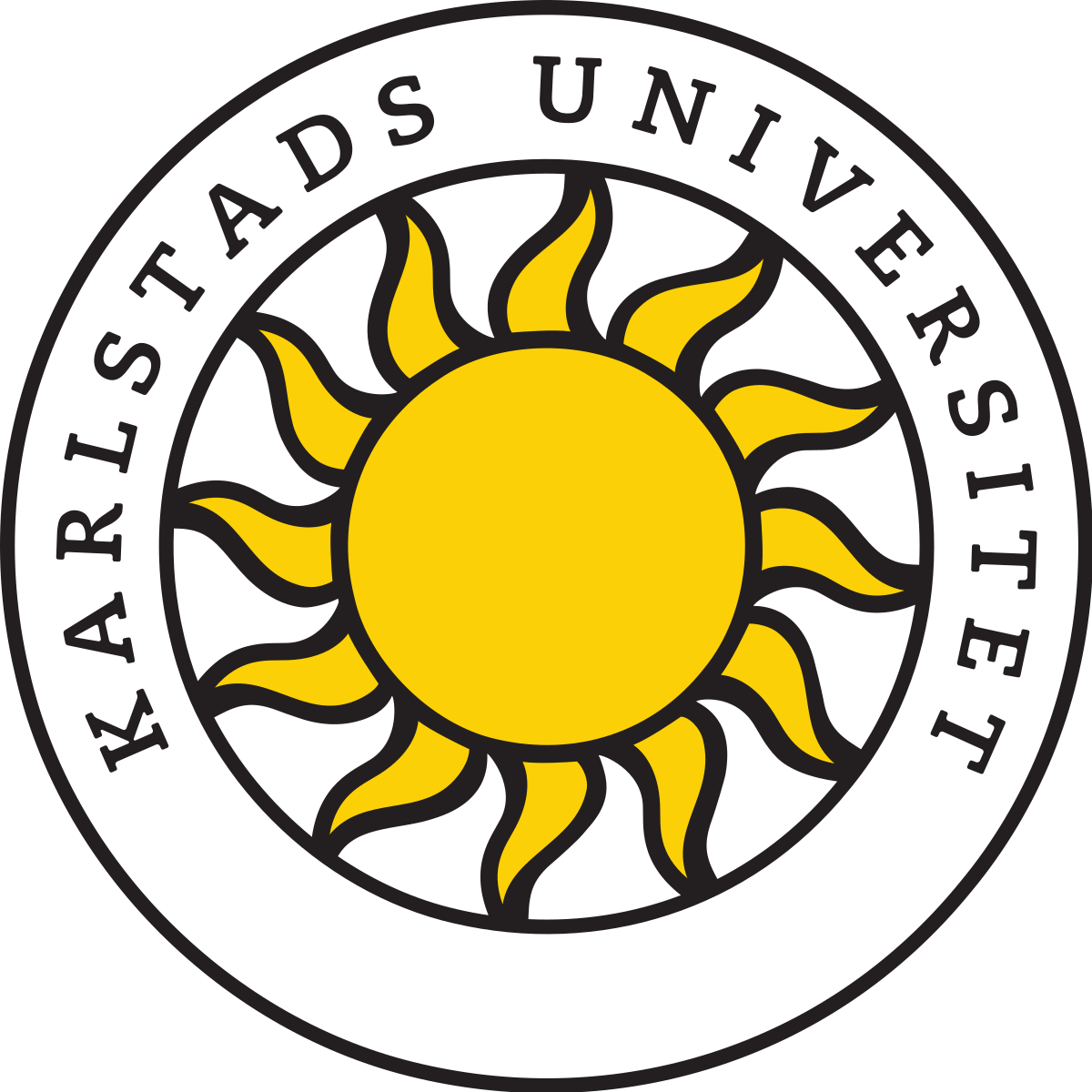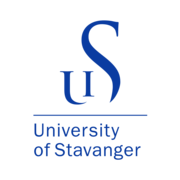Second Workshop on the Future of Internet Transport - FIT 2020
Important Update
Due to the COVID-19 pandemic, the IFIP NETWORKING 2020 Organizing Committee has decided that the conference and the workshops will run virtually and physical participation has been cancelled.
FIT 2020 is on schedule for 22 June 2020. Information of the virtual platform will be announced soon.
Registration rates
Rates are in Euro (€). All rates include the legal Value Added Tax (VAT) which currently amounts 20% in France.
Workshop Registration Only
Conference not included
| Authors Registration by May 22, 2020 | ||
|---|---|---|
| FIT 2020 Workshop Authors | 180 | |
| Early Registration by June 8, 2020 | Late Registration | |
| FIT 2020 Workshop IFIP/IEEE Member | 30 | 40 |
| FIT 2020 Workshop NON Member | 35 | 47 |
| FIT 2020 Workshop Student | 23 | |
Program
Call for Papers (CFP)
Over the last several decades and since its conception, the Internet transport layer has gradually been ossified, where deployment of new protocols and mechanisms has been extremely hard if not impossible. Application developers have traditionally been bound to use either stream-oriented connection-based reliable communication using TCP or datagram-oriented connection-less unreliable communication using UDP, and middleboxes have been mostly configured to allow traffic from these two protocols only, and hence disincentivizing the application developers to use any novel transport protocols and services (e.g., SCTP, DCCP, etc). In recent years, this long-standing stalemate has been broken thanks to the rapid progress made on several fronts amongst them: (1) IETF’s Transport Services working group (TAPS) and several industry stakeholders’ efforts to introduce platform- and protocol-independent transport layer APIs (e.g., Apple’s Network.framework, the IETF TAPS API, and the NEAT API); (2) new transport protocols being deployed on the wire that run over UDP as a substrate (e.g., Google’s QUIC) to get around middleboxes; (3) new congestion control mechanisms other than NewReno and Linux’ CUBIC (e.g., Google’s BBR) and finally (4) HTTP3 that is an effort to port HTTP2 over QUIC. This has coincided with the introduction of new network technologies such as emerging 5G mobile networks currently being standardized by the 3GPP, and the network softwarization movement using virtualization and containerization techniques (e.g., SDN, NFV). With the emergence of networks that offer much faster PHY bitrates and aggregate capacity (e.g., 5G, WiFi6), and with emerging applications that require much more stringent latency requirements (e.g., AR/VR/XR or automotive V2X), the need for an efficient transport layer stack – that is likely to run in the userland instead of the OS kernel – will become much more significantly highlighted.
Topics of interest :
- Technical issues and challenges that arise in the transport layer with the emergence of high-speed and high-capacity networks (e.g., 5G)
- Transport protocols and their performance in emergent latency-sensitive and bandwidth-consuming
application use-cases (e.g., V2X communication and high-fidelity AR/VR/XR) - Design, deployment, and evaluation of state-of-the-art transport protocols (e.g., QUIC) and their congestion control mechanisms (e.g., BBR)
- The performance of transport protocols in virtual environments; especially novel userland transport protocols such as QUIC
- Design and evaluation of new transport layer APIs for future Internet and strategies for their deployment
- Design, evaluation, deployment, and measurement studies of transport-layer security mechanisms (e.g., TLS 1.3)
Paper Submission
Submitted papers should be unpublished work and they should not be under review by any other conference or journal.
They must be no more than 6 pages (IEEE two-column format, 10pt) in total including references and figures. Papers will be reviewed single-blind.
Please follow the submission link on https://edas.info/N25747
Guidelines on paper submission and formatting are available here https://www.ieee.org/
Accepted papers will appear in the symposium proceedings published by IFIP and submitted to IEEE Xplore Digital Library.
At least one author of each accepted paper is required to register and present the work in the workshop.
Important Dates
- Paper Submission deadline: March 27, 2020 April 15, 2020 (extended)
- Notification: April 24, 2020 May 8, 2020 (extended)
- Camera Ready: May 7, 2020 May 18, 2020 (extended)
- Workshop date: June 22, 2020
Workshop co-chairs
- Assistant Prof. Naeem Khademi This email address is being protected from spambots. You need JavaScript enabled to view it.
- Assistant Prof. Karl-Johan Grinnemo This email address is being protected from spambots. You need JavaScript enabled to view it.
Technical Program Committee
- Fred Baker (ICANN, USA). Email: This email address is being protected from spambots. You need JavaScript enabled to view it.
- Prof. Michael Scharf (University of Applied Sciences, Germany). Email: Michael.Scharf@hs-
esslingen.de - Dr. Mirja Kuehlewind (Ericsson Research, Germany). Email: mirja.kuehlewind@
ericsson.com - Prof. Michael Tüexen (FH Münster, University of Applied Sciences, Germany). Email: This email address is being protected from spambots. You need JavaScript enabled to view it.
- Dr. Yoshifumi Nishida (GE Global Research, USA). Email: This email address is being protected from spambots. You need JavaScript enabled to view it.
- Prof. Michael Welzl (University of Oslo, Norway). Email: This email address is being protected from spambots. You need JavaScript enabled to view it.
- Dr. Koen De Schepper (Nokia Bell-Labs, Belgium). Email: koen.de_schepper@nokia-
bell-labs.com - Dr. Colin Perkins (University of Glasgow, UK). Email: This email address is being protected from spambots. You need JavaScript enabled to view it.
- Prof. Carsten Griwodz (University of Oslo, Norway). Email: This email address is being protected from spambots. You need JavaScript enabled to view it.
- Dr. Simone Ferlin (Ericsson, Sweden). Email: simone.ferlin@ericsson.
com - Dr. Nicolas Kuhn (Centre national d’études spatiales, France). Email: This email address is being protected from spambots. You need JavaScript enabled to view it.
- Prof. Anna Brunström (Karlstad University, Sweden). Email: This email address is being protected from spambots. You need JavaScript enabled to view it.
- Prof. Emmanuel Lochin (ISAE, France). Email: emmanuel.lochin@isae-
supaero.fr - Dr. Peyman Teymoori (University of Oslo, Norway). Email: This email address is being protected from spambots. You need JavaScript enabled to view it.
- Assistant Prof. Gianni Antichi (Queen Mary University of London, UK). Email: This email address is being protected from spambots. You need JavaScript enabled to view it.
- Dr. Thomas Dreibholz (Simula Research Labs, Norway). Email: This email address is being protected from spambots. You need JavaScript enabled to view it.
- Prof. Joerg Ott (Technical University of Munich, Germany). Email: This email address is being protected from spambots. You need JavaScript enabled to view it.
- Dr. Lawrence Stewart (Netflix, Australia)
- Prof. Gorry Fairhurst (University of Aberdeen, UK). Email: This email address is being protected from spambots. You need JavaScript enabled to view it.
- Dr. Sebastian Zander, Murdoch University, Australia. Email: This email address is being protected from spambots. You need JavaScript enabled to view it.
- Dr. David Hayes (Simula Research Labs, Norway). Email: This email address is being protected from spambots. You need JavaScript enabled to view it.
- Spencer Dawkins (Tencent America, USA)
- Praveen Balasubramanian (Microsoft, USA)
- Prof. Åke Arvidsson (Kristianstad University, Sweden). Email: This email address is being protected from spambots. You need JavaScript enabled to view it.
- Dr. Ahmed Elmokashfi (Simula Research Labs, Norway). Email: This email address is being protected from spambots. You need JavaScript enabled to view it.
- Dr. Lars Eggert (NetApp, Finland). Email: This email address is being protected from spambots. You need JavaScript enabled to view it.







